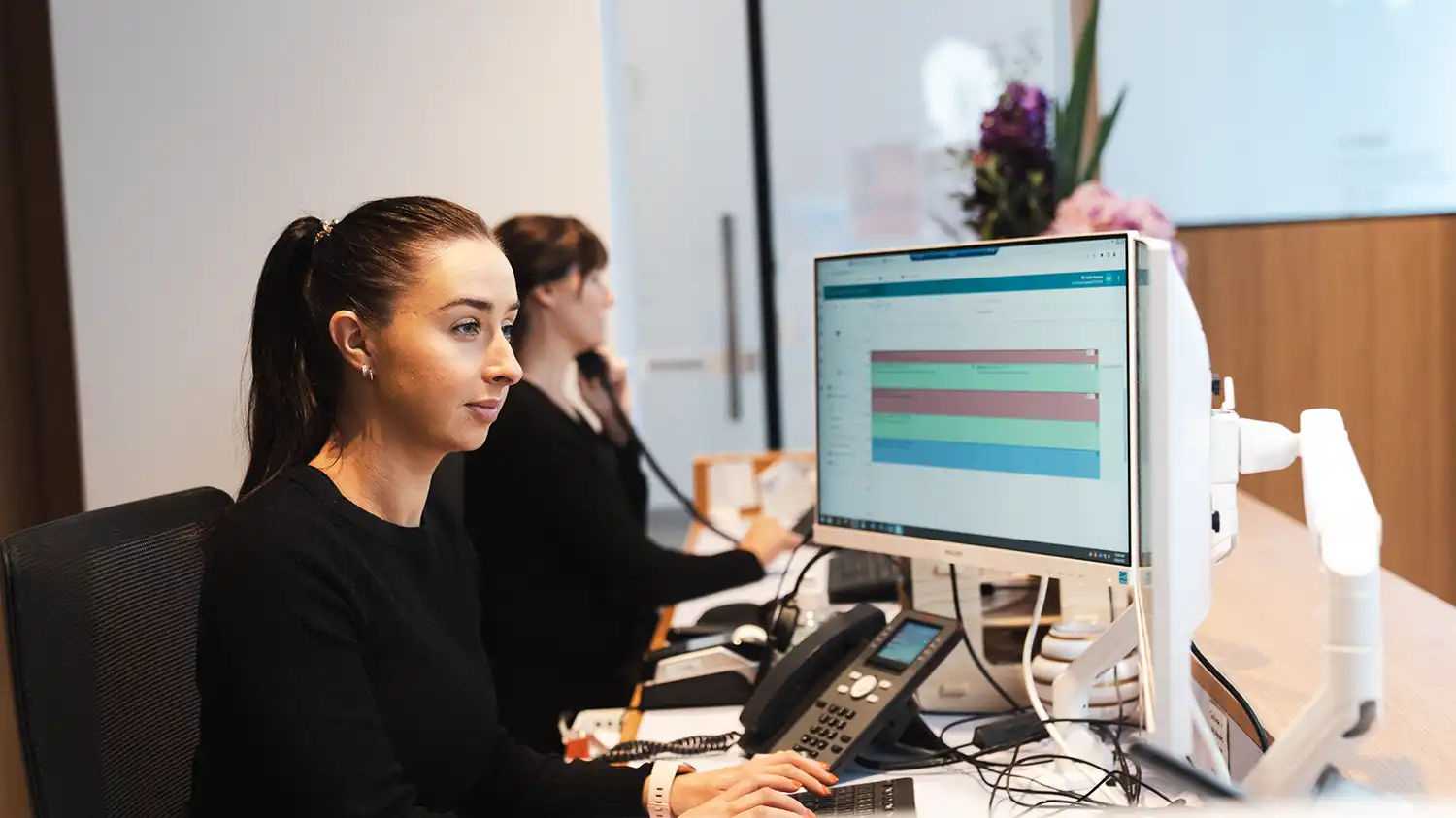It is widely cited that burn out is a problem in the medical industry; underpinned by stress, unsustainable work hours and a firmly established culture of ‘patients come first’. The stress and headache of managing a practice, staff, HR issues and workplace culture is the icing on the cake for many Australian doctors.
Dealing with toxic workplace culture, whether that be in your own practice or in hospitals, is taxing. If you are experiencing this, rest assure, workplace culture issues can be diffused and reversed with some simple but effective strategies.
Toxic workplace culture, like it suggests, acts like disease, and leads to stress, low morale, absenteeism, and a high staff attrition rate. It often involves micromanagement, employees displaying negative behaviour, bullying, and sometimes more discrete signs like nonconstructive criticism. And don’t be fooled, this sick environment does not go unnoticed by patients or external stakeholders.

So how do you turn poor culture around so that staff can thrive, and doctors can focus on doing what they do best?
Developing a culture of respect through positive interaction
It’s no revelation that mutual respect of team members and the roles they play in the office and as people is central to fostering positive work culture. Interacting with the team in and out of the office to learn about each other assists in developing a culture of mutual respect and although this involves effort, these out of office social experiences are beneficial in the long run. Small sentiments like noting birthdays, work anniversaries, stopping for a quick chat about the weekend or offering to make your teammate a coffee goes a long way in developing strong working relationships. It is beneficial for Practice Managers to be physically present and running regular team meetings to ensure the workplace flows efficiently whilst putting a lid on any cultural issues as they arise.
Offering Professional Development
Arming your office staff from the ground up with the tools they need to grow and develop professionally is an effective way to ensure best practice management is taking place whilst showing your employees you care about their career development. Professional development aimed around best practice communication and employee management may equip your in-house Practice Manager with the tools needed to manage toxic culture.
Solicit employee feedback
Encouraging an open-door policy where all staff feel able to provide feedback or suggestions to one point of contact, in this case, the external Practice Manager, leads to more streamlined conflict resolution or improvement in flow and productivity. For many of us, we spend more time in our workplace than in our home and as such it is important that we feel heard, recognised, and welcome in this space and effective practice management will ensure this is the case.
Externalisation of services
The traditional structure of an in-house practice manager has its benefits, particularly for larger health organisation, however many forward-thinking businesses are looking at the externalisation of services to solve in house HR and management issues. The core administrative services involved in running a practice, exist to help medical professionals grow and sustain successful businesses. However, when toxic culture and HR headaches arise, doctors are often dragged into the circle, taking them away from their core service of treating and managing patients. Externalising practice management does not equate to a virtual service, the Practice Manager can still be physically present in the office, however the challenges involved in HR, payroll and administration are passed onto to an external provider.
Independent assessment and advice
Sometimes, cultural issues cannot be resolved internally, and businesses look to engage an independent to assess the situation and provide a solution. An external consultant provides objectivity and a fresh lens to cut through differing opinions to implement a solution to cultural issues. An assessment of the cultural dysfunction is established by the engaged consultant who works both remotely and onsite to develop or recuperate workplace culture.
The Solution
Often, cultural dysfunction derives from miscommunication and misinformation around roles and responsibilities within the office which is easily sorted when put in the right hands.
Effective strategies for office culture harmony
- Get to know your people to develop mutual respect
- Clear communication and understanding of roles and responsibilities
- Offer Professional Development
- Encourage feedback through regular meetings
- Consider externalisation of services and independent advice.
Contributed by Zipporah French- Prescribe Practice Management.
For more articles like this sign up to our newsletter, or to find out more about Prescribe Practice Management visit the website.



